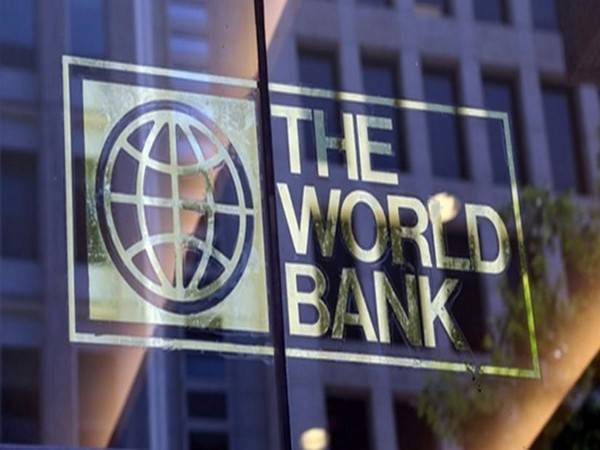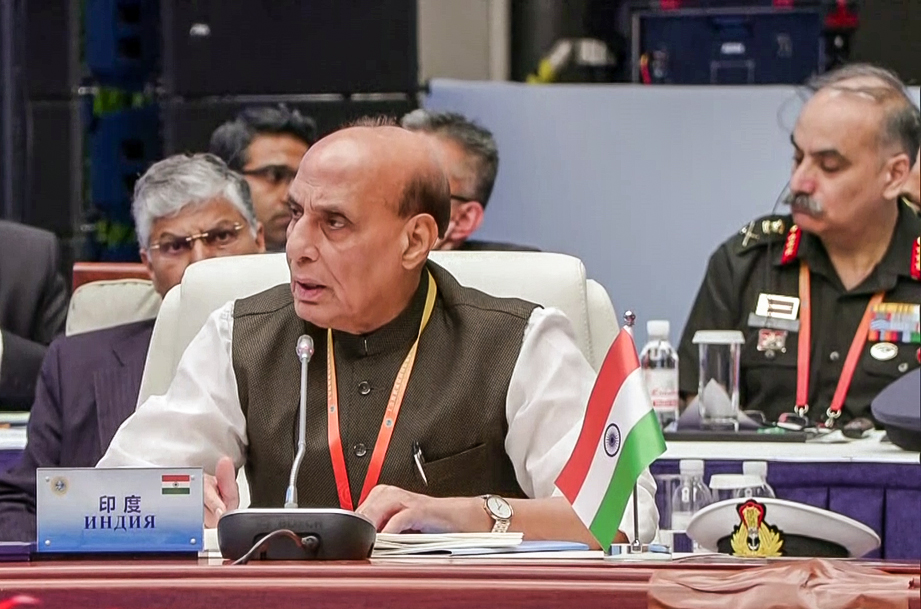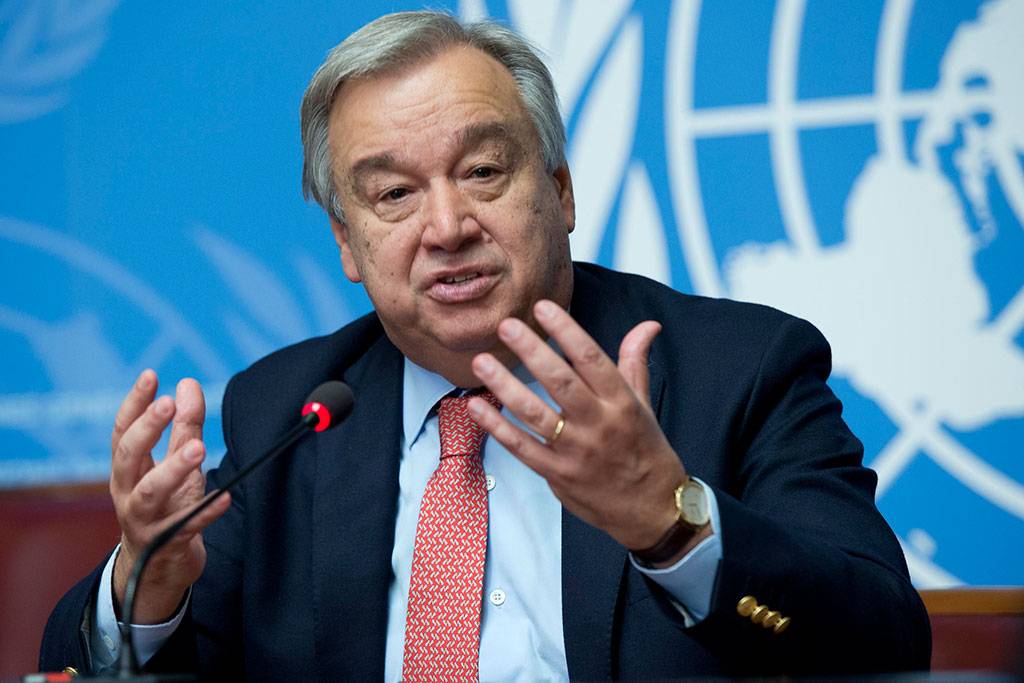The global economic slowdown is beginning to dampen demand for the region’s exports of commodities and manufactured goods, the report noted…reports Asian Lite News
The World Bank has downgraded growth for developing East Asia and Pacific to 3.2 per cent in 2022.
The region’s growth is projected to slow this year from 7.2 per cent in 2021, before accelerating to 4.6 per cent next year, according to the World Bank’s newly released East Asia and Pacific Economic Update.
In April, the developing East Asia and Pacific countries is projected to grow by 5 per cent in 2022, reports Xinhua news agency.
The global economic slowdown is beginning to dampen demand for the region’s exports of commodities and manufactured goods, the report noted.
Rising inflation abroad has provoked interest rate increases, which in turn have caused capital outflows and currency depreciations in some East Asia and Pacific countries, the report noted.
These developments have increased the burden of servicing debt and shrunk fiscal space, hurting countries that entered the pandemic with a high debt burden, according to the report.
“The Fed’s response to higher inflation in the US in terms of faster than expected tightening of monetary policy and increases in interest rates, certainly putting pressure on all developing countries, including those in the region,” World Bank East Asia and Pacific Chief Economist Aaditya Mattoo said at a virtual press conference in response to a question from Xinhua.
“We have seen capital outflows and those have contributed to depreciating exchange rates, and in order to try and support their currencies and also to deal with the slight increase in core inflation in the region, the region has had to tighten its interest rates,” said Mattoo, adding that it has done so “less than most other parts of the world so far.”
He noted that most of the developing countries in the region have switched their borrowing largely towards their domestic market, with smaller share of debt denominated in foreign currencies, which makes them less vulnerable.
“But that doesn’t mean that they’re immune to the consequences of higher interest rates, both in terms of the effect that they will have on economic activity, on investment, on consumption, as well as the potential financial strains, given that they’re coming out of the pandemic with relatively high levels of both private and public debt.
“So I would say strains, yes. Serious instability, not yet,” he said.
As countries of the region seek to shield households and firms from higher food and energy prices, current policy measures provide much-needed relief, but add to existing policy distortions, the report noted.
“Policymakers face a tough trade-off between tackling inflation and supporting economic recovery,” said Mattoo.
“Controls and subsidies muddy price signals and hurt productivity. Better policies for food, fuel, and finance would spur growth and insure against inflation.”














